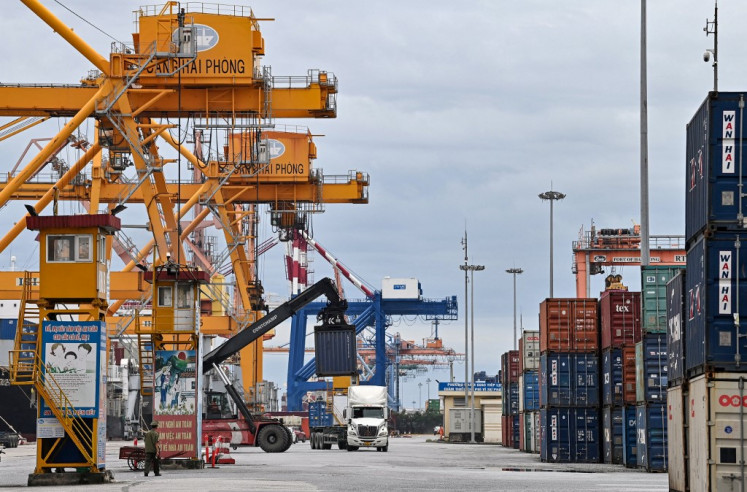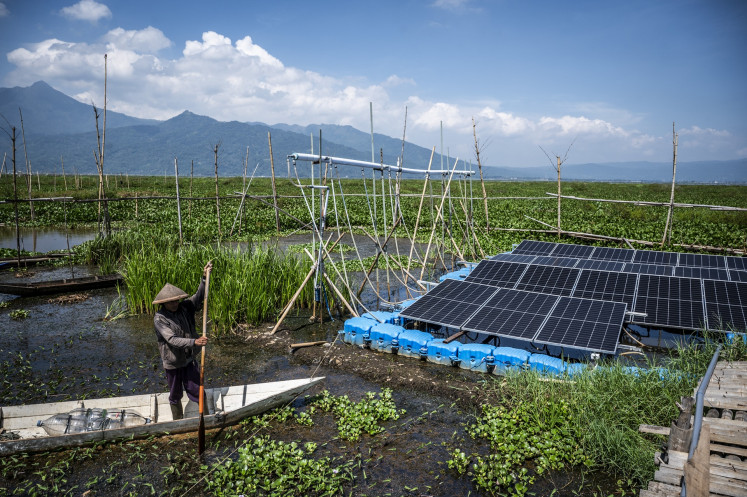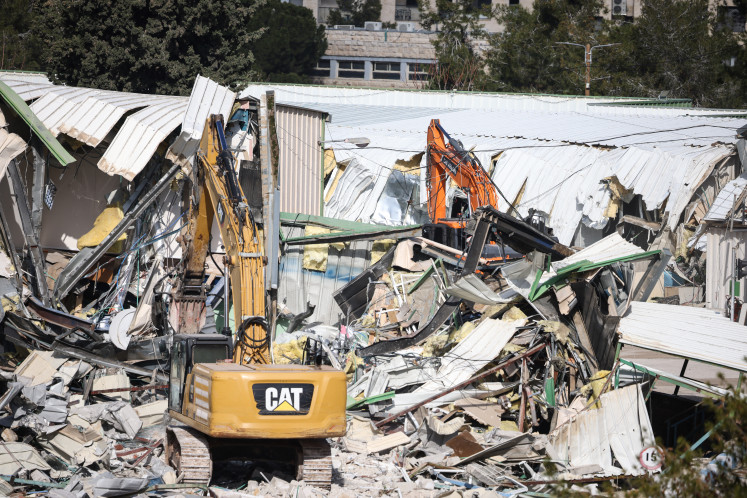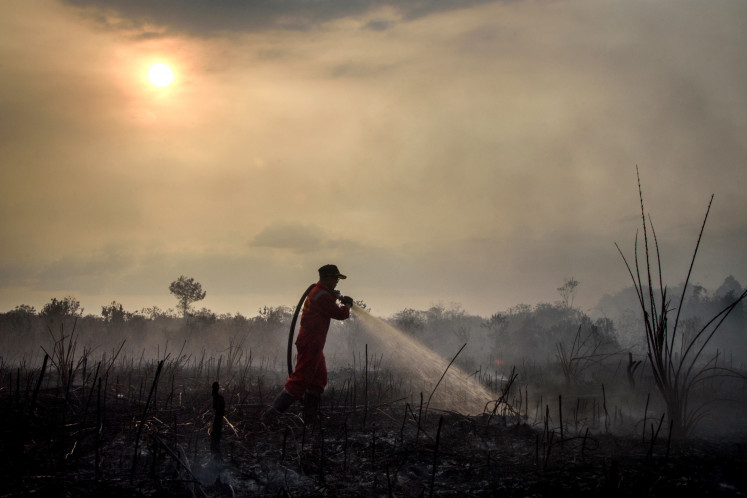Popular Reads
Top Results
Can't find what you're looking for?
View all search resultsPopular Reads
Top Results
Can't find what you're looking for?
View all search resultsAnalysis: Wisdom, education, controversy: The historic footing of ‘pesantren’
Change text size
Gift Premium Articles
to Anyone
T
he governance and controversial politics surrounding Islamic academic institutions came to a head in recent weeks after a three-story pesantren (Islamic boarding school) in Sidoarjo, East Java, collapsed last month, killing 67 students and injuring over 170 others.
One of Sidoarjo's oldest Islamic boarding schools, Al-Khoziny had existed for over a century before its collapse, attracting students decades before Indonesia's independence and predating even its current affiliate, the Islamic mass organization Nahdlatul Ulama (NU).
While Islamic boarding schools do not fall under the purview of the Primary and Secondary Education Ministry, they remain a legitimate form of formal private education overseen by the Religious Affairs Ministry. Official data from the ministry states that over 4.9 million students are spread across 40,000 Islamic boarding schools in 2024 alone.
These Islamic boarding schools center their curriculum on exploring the religion and its various disciplines, from Islamic theology to the Arabic language. Conservative institutions will tend to restrict study to these disciplines, while more progressive ones will also incorporate the national curriculum for their students.
Students within this institution are named santri, while their teachers and faith leaders are called kyai. Islamic boarding schools serve as both an academic and social institution for santri. They are low-cost alternatives to formal schooling and are favored by families who wish to educate and train their children in both academics and faith.
Despite their cultural importance, Islamic boarding schools are often clouded by controversy due to their feudal practices and lackluster oversight by the Religious Affairs Ministry. Their direct relationship with Islam, the country’s majority religion, also prevents sound criticism from taking place due to the potential political backlash among their loyal base.
In the case of the Al-Khoziny Islamic boarding school, its complete collapse was caused by unauthorized construction. While the Islamic boarding school has existed for over a century, it did not have the necessary permit to continue building on top of the pre-existing structure. Both law enforcement authorities and civil engineering experts have noted that the building was not strong enough to hold the additional weight of construction, resulting in its eventual collapse.



















